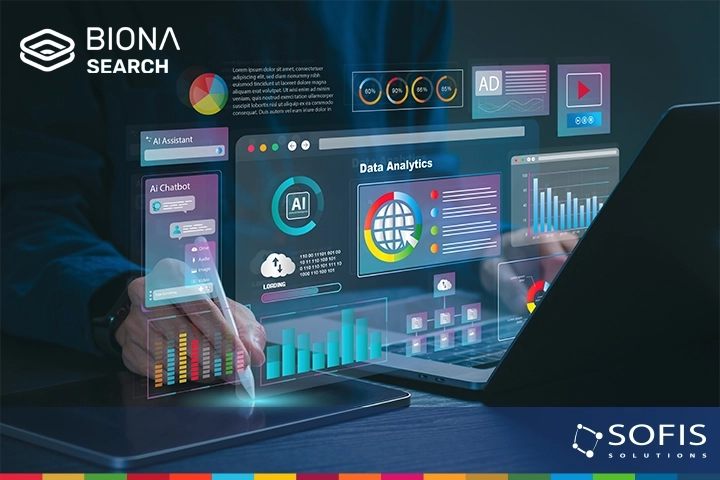-
Who we are
-
-
StrategyMission
To solve the challenges of organizations and communities through intelligent, secure, sustainable, and people-centered solutions, so they generate real value in their social and productive contexts.
VisionTo be the chosen company by organizations seeking to innovate with quality, purpose, and trust in the intelligent era.
Learn moreValues- Ethics and transparency
- Professionalism
- Respect
- Honesty
- Innovation
- Responsibility
- Effectiveness
- Integrity
- Customer orientation
- Punctuality
-
-
-
History
Sofis Solutions was born in 2005, in the city of Montevideo - Uruguay.
Since its inception, the main driver was and remains quality. This applies to processes, products, and relationships with the environment.The internationalization of the company It was one of the founding objectives. In the first stage, it expanded from Uruguay, and in the second stage, it opened offices in Latin American countries. Currently, it has offices in Montevideo, Panama, El Salvador and Ecuador.

-
-
-
Alliances

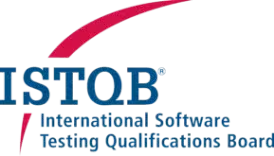



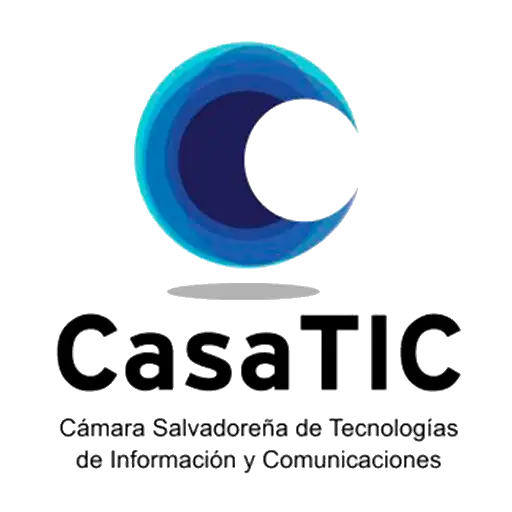


-
-
-
Certifications

CMMI-DEV-3
More informationNational Quality Award - 2023 Edition
More informationISO 9001:2015
Quality Management SystemISO 37001:2016
Anti-Bribery Management SystemISO 14001:2015
Environmental Management System
-
-
-
SustainabilityLearn more
Sofis Solutions integrates environmental, social, and governance (ESG) principles into its management and operations, driving sustainability through Digital Transformation. Its strategic approach prioritizes energy efficiency, digital inclusion, and transparency in digital governance, contributing to the responsible development of organizations.
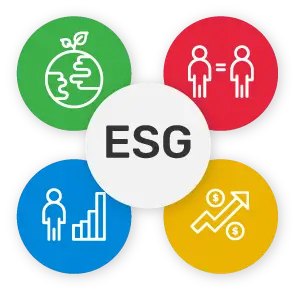
-
-
-
What we do
-
-
IT projectsLearn moreAt our Software Factory, we specialize in providing software development solutions with a focus on excellence and sustainability.
-
-
-
Software qualityOur software quality services comprehensively address the aspects or dimensions of software quality, addressing this approach throughout the entire software development cycle.
- Manual and automated functional suitability testing
- Performance testing
- Software product quality
- Software quality consulting
Learn more
-
-
-
Staff AugmentationLearn moreWhat is IT Staff Augmentation? IT Staff Augmentation is a specialized technical staffing model that enables organizations to increase their agility and respond to the changing technological needs of the market.
-
-
-
ConsultancyIn the public sector, strategic decisions and projects with citizen-centered designs and excellence have the power to transform entire communities.Learn more
-
-
-
BIonA SuiteBIonA Suite is a comprehensive platform for the intelligent management of processes and services in public and private organizations. BIonA Suite facilitates smart transformation with a focus on public value and user experience. Learn more
-
-
-
Projects
-
-
Recent projects
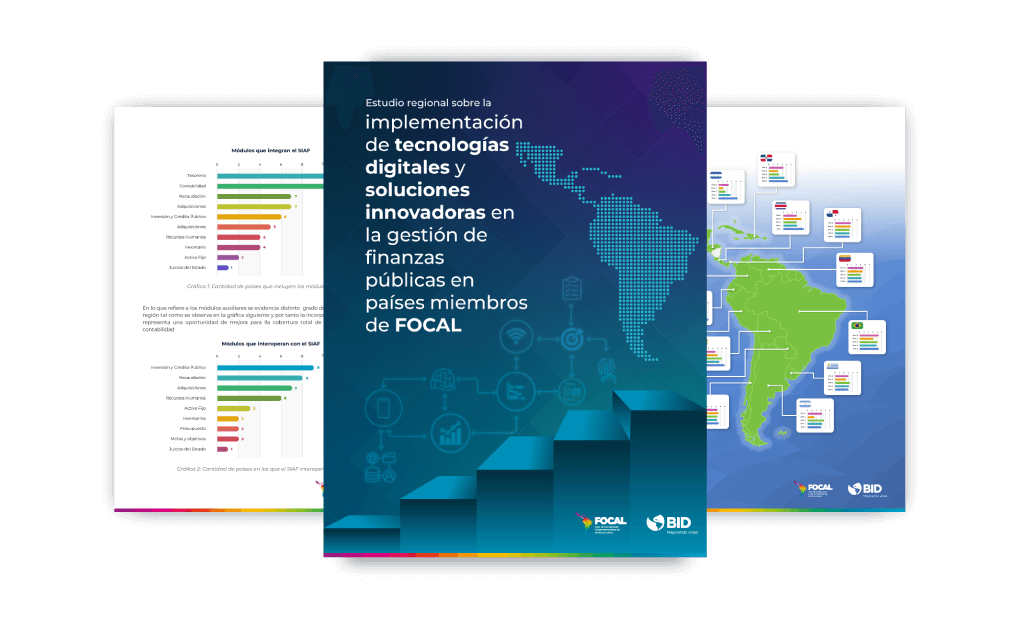 FOCAL Regional StudyFOCAL - El Salvador
FOCAL Regional StudyFOCAL - El Salvador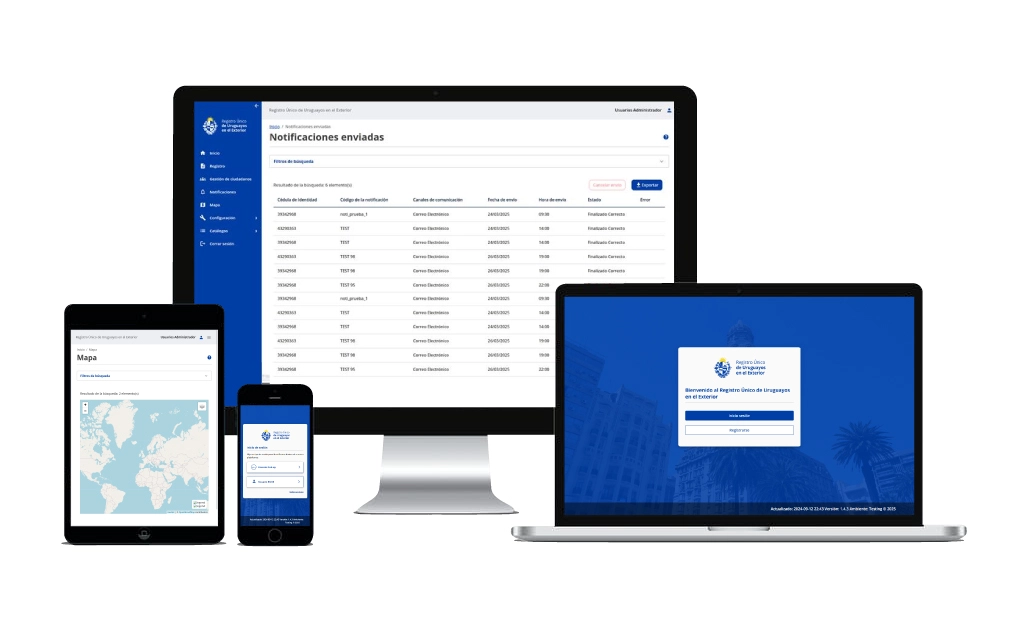 Single Registry of Uruguayans AbroadMinistry of Foreign Affairs - Uruguay
Single Registry of Uruguayans AbroadMinistry of Foreign Affairs - Uruguay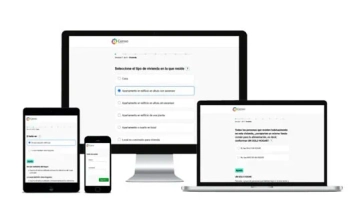 Population and Housing Census 2023National Institute of Statistics - Uruguay
Population and Housing Census 2023National Institute of Statistics - Uruguay
-
-
-
Digital Public InfrastructureWhat are Digital Public Platforms?ProjectsProducts
-
-
-
-
Mobile applicationsWe create hybrid, native, and PWA solutions for devices with Android and iOS operating systems.
Some of our projects:Digital Patrols, Ecuadorian Bovine Information System, Easy Budget UY, Digital Portfolio, SIGES Teachers App, SIGES Parents App.
Learn more
-
-
-
FOCAL regional studyThe purpose of the study was to carry out a regional analysis with the objective of identifying and evaluating the maturity level of the member countries of the Latin American Government Accounting Forum (FOCAL), currently composed of Argentina, Bolivia, Brazil, Chile, Colombia, Costa Rica, Ecuador, El Salvador, Guatemala, Honduras, Mexico, Nicaragua, Panama, Paraguay, Peru, Dominican Republic, Uruguay and Venezuela.Learn more
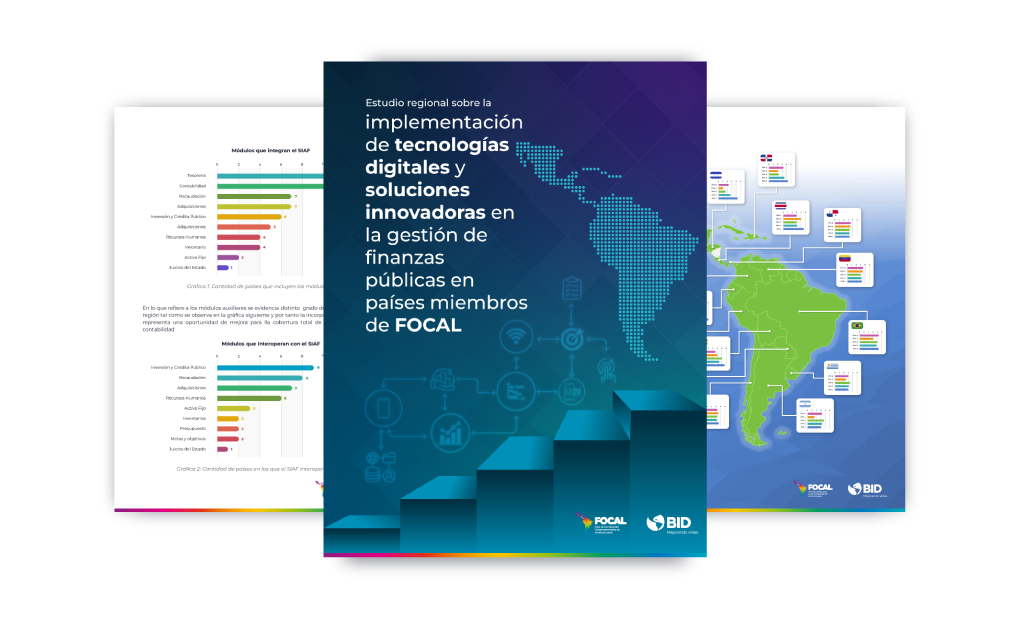
-
-
- AI
-
-
Artificial IntelligenceLearn moreAdvanced Artificial Intelligence (AI) and Big Data solutions that transform the way organizations make decisions and optimize their operations. We specialize in the development of intelligent autonomous agents and generative AI solutions using large language models (LLMs), both on local infrastructure and in the cloud.
-
- Press Room
-
-
Sustainable development
-
-
-
Interviews
 16/06/2025Virtual Threads in Java
16/06/2025Virtual Threads in Java
-
- Innovation
-
-
#GreenSofisMore information
Methodology
#GreenSofisSustainable Digital Transformation Conference
#GreenPath
-
-
-
AI For Everything
It is an initiative by Sofis Solutions, from the Intelligent Solutions Division, that promotes the adoption of artificial intelligence as a key driver of efficiency and effectiveness in the intelligent era.
It integrates both administrative and operational processes, promoting an organizational evolution where technology amplifies knowledge, optimizes decision-making, and generates value in a sustainable and inclusive way.
More information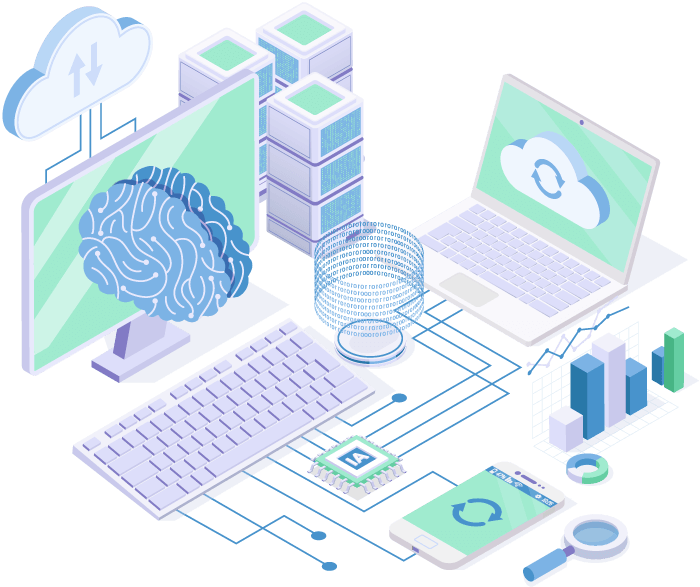
-
- Contact us
- ES PT-PT
-
AI Management Policy
Objectives
To develop, implement, and manage artificial intelligence solutions ethically, safely, transparently, and in a human-centered manner that creates sustainable value for clients and communities, optimizing processes and supporting decision-making in compliance with applicable legal, regulatory, and normative requirements.
Justification
At Sofis Solutions, we understand that artificial intelligence (AI) offers a transformative opportunity to enhance people's lives, optimize public and private sector processes, and advance sustainable development. As a company committed to ethics, transparency, and social impact, we take responsibility for ensuring that the design, development, implementation, and operation of AI systems are carried out in a trustworthy, safe, and human-centered way.
This policy establishes the framework of principles and commitments guiding our AI management in line with our mission, organizational values, and the requirements of ISO/IEC 42001:2023.
Scope
This policy applies to all processes, projects, solutions, and services developed or provided by Sofis Solutions that include artificial intelligence or automated decision-making capabilities, including those offered to public, private, and international cooperation sector clients.
Audience
Internal audience:
- All Sofis Solutions personnel, regardless of role or location.
- Development, implementation, testing, and maintenance teams for AI solutions.
- Project management and functional management teams.
- AI governance and ethics committee or responsible persons.
- Support areas involved in providing or supervising AI (cybersecurity, quality, legal, HR).
External audience:
- Clients and strategic partners who use, acquire, or integrate Sofis Solutions' AI solutions.
- Suppliers and third parties providing AI-related data, models, algorithms, or infrastructure.
- Regulatory and certification bodies auditing or overseeing the AI management system.
- Communities and end-users of the solutions, when applicable for transparency and information rights.
Responsibilities
Senior Management
- Approve the AI Policy and its updates.
- Ensure availability of human, technical, and financial resources for its implementation.
- Regularly review the effectiveness of the AI management system.
AI Lead / AI Governance Committee
- Lead the implementation and maintenance of the AI Management System.
- Ensure policy compliance across all projects and services.
- Coordinate risk and impact assessments for AI systems.
- Approve or reject high-impact AI projects prior to deployment.
Project Management / Technical Leads
- Integrate the policy’s principles and commitments into the AI system lifecycle.
- Ensure data and model quality, traceability, and security.
- Report incidents, deviations, or non-conformities related to AI.
Cybersecurity / Information Security Area
- Implement and monitor protection measures against AI-specific threats.
- Integrate security requirements in AI development, operation, and maintenance.
Legal and Compliance Area
- Ensure alignment with data protection laws, copyright, sector regulations, and applicable contractual requirements for AI.
All employees and collaborators
- Understand and comply with the policy in AI-related activities.
- Participate in training and awareness activities.
- Report questions, risks, or incidents to the AI Lead.
Company Commitments
As part of its Artificial Intelligence Management System, Sofis Solutions commits to:
- Comply with applicable legislation, including data protection laws, sector regulations, and international ethical AI frameworks.
- Design and implement AI risk management processes, covering technical, social, legal, and ethical aspects.
- Assess the potential impact of AI systems, especially those directly affecting individual rights or critical decisions.
- Ensure data quality and governance, including traceability, integrity, and representativeness of training data.
- Promote continuous improvement of the AI management system through internal audits, management review, and regular policy updates.
- Encourage training and awareness so all stakeholders understand the principles and risks associated with AI use.
- Establish governance mechanisms such as ethics committees or technical reviewers to oversee high-impact AI developments.
- Maintain active dialogue with stakeholders—clients, users, communities, and regulators—to ensure trust and shared responsibility.
Communication and Review
This policy:
- Is approved by Senior Management and communicated across all organizational levels.
- Is available to clients and stakeholders upon request.
- Will be reviewed at least annually or whenever significant changes occur in regulations, organizational context, or technologies used.
Version: 4
Approval date: 2025-08-09.












 Digital Signature
Digital Signature BionA Suite
BionA Suite Biona SIgn
Biona SIgn




















